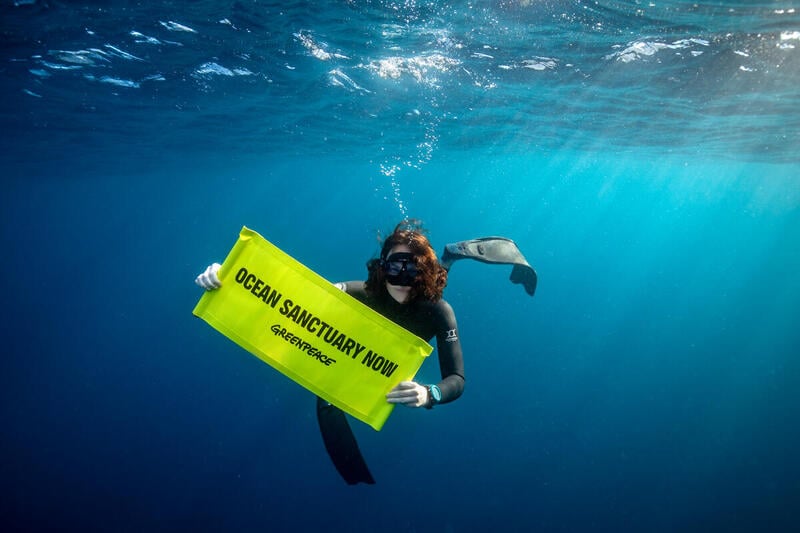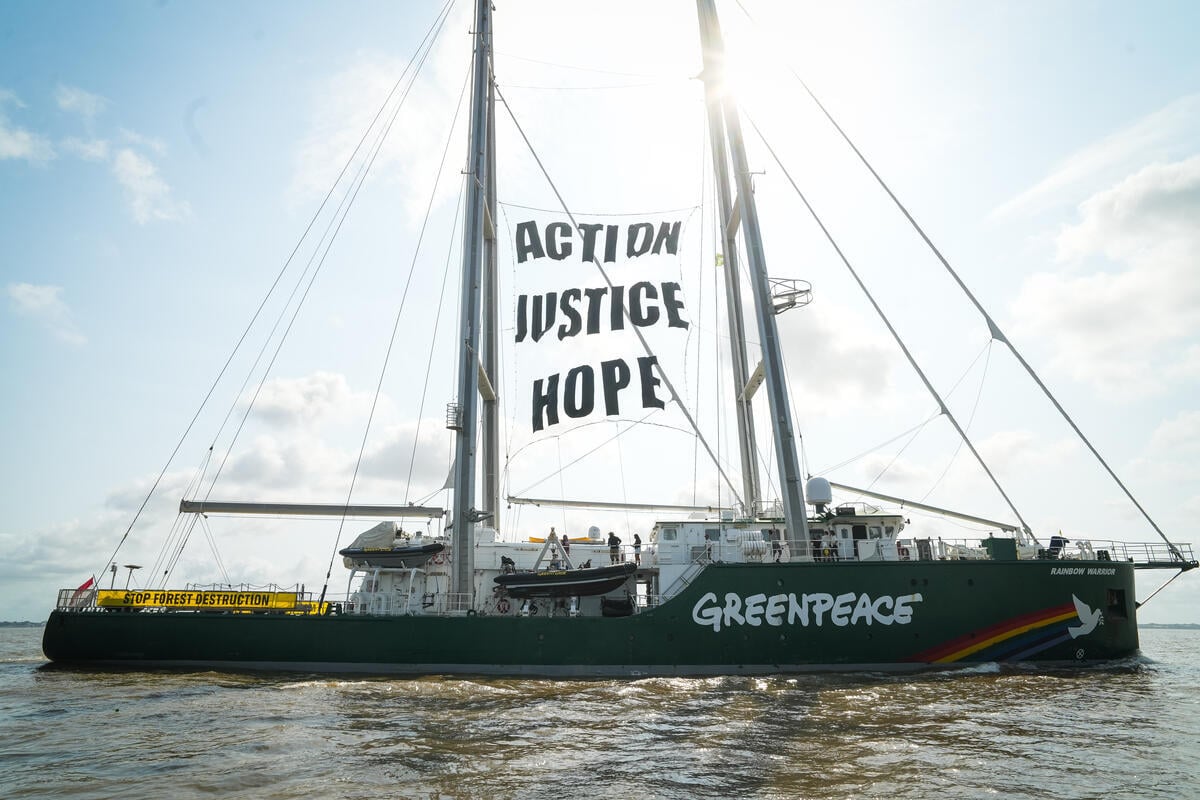Kiwis Against Seabed Mining and Greenpeace today confirmed they will oppose Trans-Tasman Resources’ application to seek leave from the Supreme Court to appeal the recent Court of Appeal decision quashing its seabed mining proposal.
Trans-Tasman Resources is seeking to dig up 50 million tonnes of the South Taranaki Bight every year for 35 years in a 66 square kilometre area, to access five million tonnes of iron ore, and dump the rest back onto the seabed. It received a marine discharge consent from the Environmental Protection Authority in 2017, but this decision has been quashed by both the High Court and the Court of Appeal (April 3)
In a press release today announcing the filing of its application to the Supreme Court, Trans-Tasman Resources’ Executive Chairman Alan Eggars made claims strongly disputed by the two organisations.
“Claiming that this unproven, experimental industry would employ an “environmental best practice sustainable environmental approach” is utterly absurd,” said Cindy Baxter, chairperson of Kiwis Against Seabed Mining.
“We will oppose this application, on behalf of the many thousands of people we represent, as well as on behalf of the marine environment. This destructive practice has no place in our waters.”
Greenpeace oceans campaigner Jessica Desmond added that as outrageous as Eggars’ comments were, she wasn’t surprised the company was appealing the Court of Appeal decision because it had already invested so much in this long, drawn-out legal battle.
“The company has admitted that if allowed to stand, this would effectively be the end of seabed mining in Aotearoa. Trans-Tasman Resources already has mining permits for other areas in the South Taranaki Bight that would dwarf this mine site. If allowed, this could see our marine environment being subjected to the one of the first commercial-scale seabed mining operations in the world. New Zealanders do not want this to happen.”
If the application is successful, the two groups will be at the Supreme Court to defend the Court of Appeal decision.
Related Posts
-

Appeasing Trump is a strategic mistake. Luxon should know better.
David Seymour slipped up on Herald Now. Ryan Bridge caught Seymour admitting that a critical minerals deal with Trump had, in fact, been discussed at Cabinet. This was awkward, given…
-

Historic Global Ocean Treaty enters into force
The Global Ocean Treaty, dubbed one of the most significant pieces of environmental legislation in decades, will officially enter into force on January 17, paving the way for global ocean protection on the High Seas. Less than one percent of international waters are currently highly protected.
-

2025: A year of wins, action and resistance
2025 was a year of people power, hard-fought wins, and standing up against political and corporate harm.
